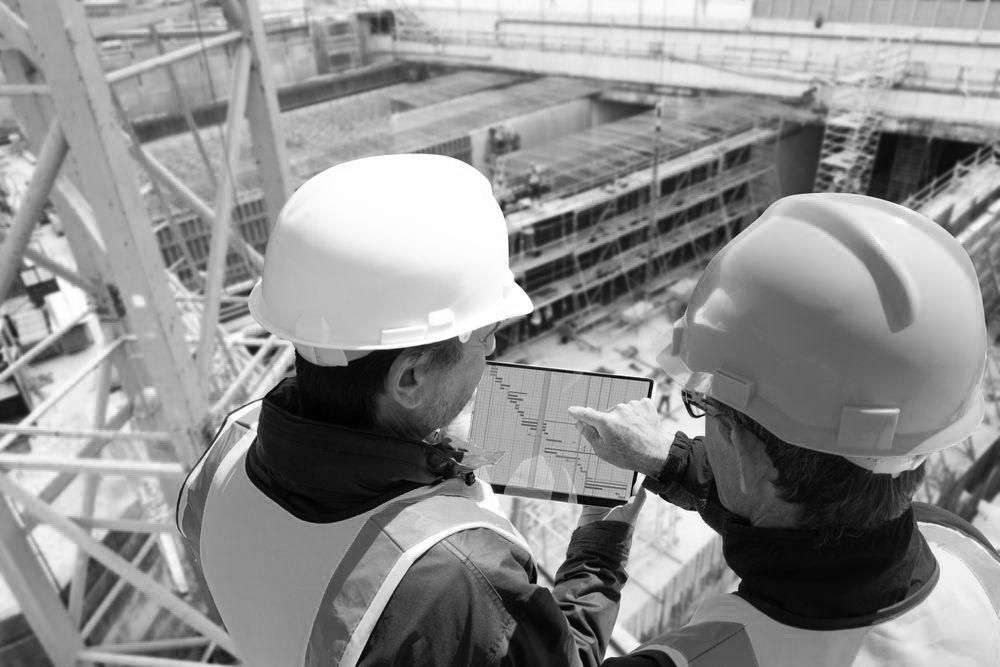CALL US TODAY!
What Does A Building Contractor Do?
Building contractors are key figures in the process of constructing or renovating a structure. They’re responsible for managing and coordinating every aspect of the project, ensuring it’s completed on time, within budget and to the highest quality standards. In this blog, we’ll explore the roles and duties of a building contractor, other types of contractors and contractors’ safety and regulatory obligations.
Roles and Duties of a Building Contractor
A building contractor’s main responsibility is to oversee the construction or renovation of a structure. This includes:
- Project Management: A building contractor is responsible for managing the entire project from start to finish. They create project plans, set budgets and establish timelines to ensure the project is completed on time.
- Material Procurement: Building contractors source and purchase the necessary materials for the project, ensuring they meet the required specifications and quality standards.
- Coordination and Communication: Building contractors are responsible for coordinating and communicating with all parties involved in the project, including clients, architects, engineers, subcontractors and suppliers. This ensures everyone is on the same page and working towards the same goals.
- Hiring and Managing Subcontractors: Building contractors often hire subcontractors to complete specific tasks, such as plumbing, electrical or roofing. They’re responsible for managing these subcontractors and ensuring work meets the project’s standards.
- Quality Control: Building contractors are responsible for maintaining quality control throughout the project. They must ensure all work is completed to the highest standards and complies with building codes and regulations.
- Problem-Solving: During any construction project, issues and challenges may arise. Building contractors must be able to troubleshoot these problems and find effective solutions to keep the project on track.
Other Types of Contractors
In the construction industry, various specialised contractors collaborate to ensure a project’s successful completion.
- Plumbing Contractors: Plumbing contractors specialise in installing, maintaining and repairing plumbing systems. They ensure proper plumbing system design and installation in new construction projects or renovations.
- Excavating & Earthmoving Contractors: Excavating and earthmoving contractors are responsible for site preparation, including land clearing, grading and excavation. They use heavy machinery to move soil, rocks and debris, creating a level and stable foundation for construction projects to prevent future structural problems.
- Civil Works Contractors: Civil works contractors specialise in the construction, maintenance and repair of infrastructure projects, often working on large-scale, public projects. They’re responsible for ensuring these infrastructure projects are built to withstand the test of time and meet the needs of the communities they serve.
- Electrical Contractors: Electrical contractors design, install, maintain and repair electrical systems to maximise safety, efficiency and compliance with electrical codes. They work closely with other construction professionals to ensure the proper integration of electrical systems within the overall building design.
Contractors’ Safety and Regulatory Obligations
Building contractors must adhere to strict safety and regulatory requirements to protect the health and safety of workers and the public. Some of these obligations include:
- Workplace Health and Safety: Building contractors are required to create and maintain a safe work environment, including implementing safety protocols, providing proper training and protective equipment and regularly inspecting job sites for hazards.
- Building Codes and Regulations: Contractors must ensure all construction work meets local building codes and regulations. This may involve obtaining permits, conducting inspections and adhering to specific design and construction standards.
- Environmental Regulations: Contractors must be aware of and comply with environmental regulations, such as waste disposal, pollution control and resource conservation.
To learn more about the services offered by our contractors, call us today on 08 8953 6197.
DO YOU NEED A QUOTE
To discuss how we can meet the needs of your next project, please get in touch with us today.
DO YOU NEED A QUOTE
To discuss how we can meet the needs of your next project, please get in touch with us today.
GET A QUOTE!
To discuss how we can meet the needs of your next project, please get in touch with us today.
CONTACT INFORMATION
CONTACT INFORMATION
HOURS OF OPERATION
Mon-Fri 08:00 am - 04:00 pm
Sat Closed
Contact Information
Opening Hours:
- Monday: 8:00 am - 4:00 pm
- Tuesday: 8:00 am - 4:00 pm
- Wednesday: 8:00 am - 4:00 pm
- Thursday: 8:00 am - 4:00 pm
- Friday: 8:00 am - 4:00 pm
- Saturday & Sunday: Closed




